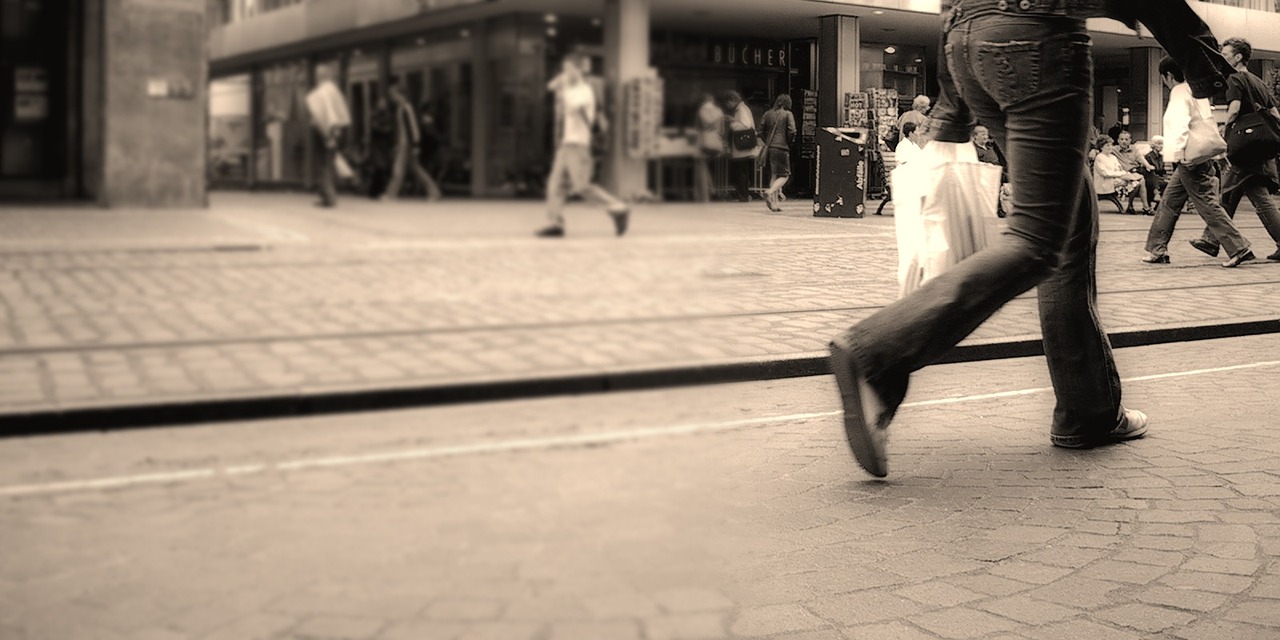By André Sequeira Gámez - Faculty of International Relations
It is undeniable that plastic pollution is one of the major threats to the environment and we are facing the consequences right now, especially in marine ecosystems. However, we practically use it for everything, it is important to recognize the value of plastics in all aspects of society. It is a unique material usually lightweight, flexible, water-resistant, and most important, cheap. For the majority of people, is something that is needed or used every single day. Even those who try to reduce plastic their lives may be in contact with it daily. With the imminent threat of the climate crisis, people have decided that replacing plastic products is the best choice for one-time use, rather than using plastic. For example, paper bags and straws. Although these products do not take long to degrade, they are still disposable, but still stand in need of materials and energy to produce, and, therefore, conducts to greenhouse gas emissions and ultimately contributing to landfills at the end of their short one-time use period. So, is it really viable?
When it comes to Costa Rica’s goal of being free of single-use plastics by the end of the year, it will not be easy, and the government cannot do it alone. To promote these changes is needed that the public and private sectors take strategic actions to commit to action to replace single-use plastics, such as incentives, policies, and guidelines for suppliers, replacement of single-use plastic products, as well as some investigation, development, and investment in strategic plans and the public participation and collaboration of citizens. Today, the Costa Rican government is in charge of the plan of banning single-use plastics, through the Ministry of Health, and the Ministry of Environment and Energy, with technical and financial assistance from United Nations Environment Programme (UNDP), with the support of local governments, civil society, and various private sector groups.
In addition, the promoting of mechanisms for people, companies, and institutions to join the strategy through the commitment of registered employees, voluntary actions, and progress reports and moving towards a sustainable production and consumption system, which will also create development opportunities. As stated in the "Sustainable Development Goals", ensuring the balance between the social, economic, and environmental fields is the responsibility of all sectors and the people, and no one should be left behind facing these new social, climate, and environmental challenges, such as solid waste management and its impact on people.
But it is not that easy, most of the plastic pollutions are due to poor waste management, most plastic enters the ocean. In order to reduce and put a stop to plastic going to the ocean and forests, especially in industrialized states, improving waste management infrastructure is a must. Therefore, global cooperation for advanced waste management is essential, unfortunately it is something that has not been successfully implemented in many countries.
Another huge factor is society. According to the UNDP (Gutiérrez et al., 2018), “social awareness and education are essential to shape and encourage changes in consumer behavior, but a gradual, transformational process is necessary. A longstanding change in cultural attitudes towards environmental matters is often not attainable through brief or stand-alone awareness campaigns”.
To sum up everything that has been stated so far, single-use plastic presents a huge threat when it comes to the environment, but it is undeniable that in some cases it is necessary, the medical field being a good example; in this scenario, plastic helps prevent infection, especially in areas where sanitary conditions cannot always be guaranteed. But, on the other hand, the most influential way to contribute is to invest in practices that improve the world’s waste management infrastructure. Without this kind of investment and cooperation, the idea of reducing the amount of plastic entering the ocean would not be possible. At present, we are still in the trend of rapidly increasing plastic waste: to stabilize (not to mention reduce), we need influential solutions.
MOXIE es el Canal de ULACIT (www.ulacit.ac.cr), producido por y para los estudiantes universitarios, en alianza con el medio periodístico independiente Delfino.cr, con el propósito de brindarles un espacio para generar y difundir sus ideas. Se llama Moxie - que en inglés urbano significa tener la capacidad de enfrentar las dificultades con inteligencia, audacia y valentía - en honor a nuestros alumnos, cuyo “moxie” los caracteriza.
References:
-
Gutiérrez, E. M. Shackelford, A. R. R., & Anchía, M. E. (2017). Costa Rica paves the way to end single-use plastics. UNDP. https://www.undp.org/content/undp/en/home/blog/2017/7/14/Costa-Rica-abre-el-camino-haciael-fin-de-los-pl-sticos-de-un-solo-uso.html
